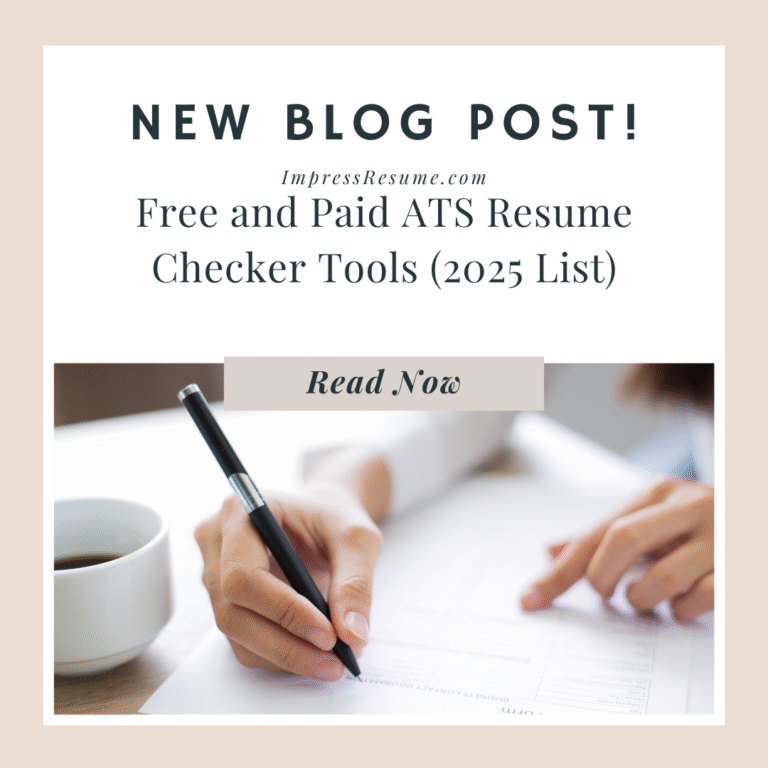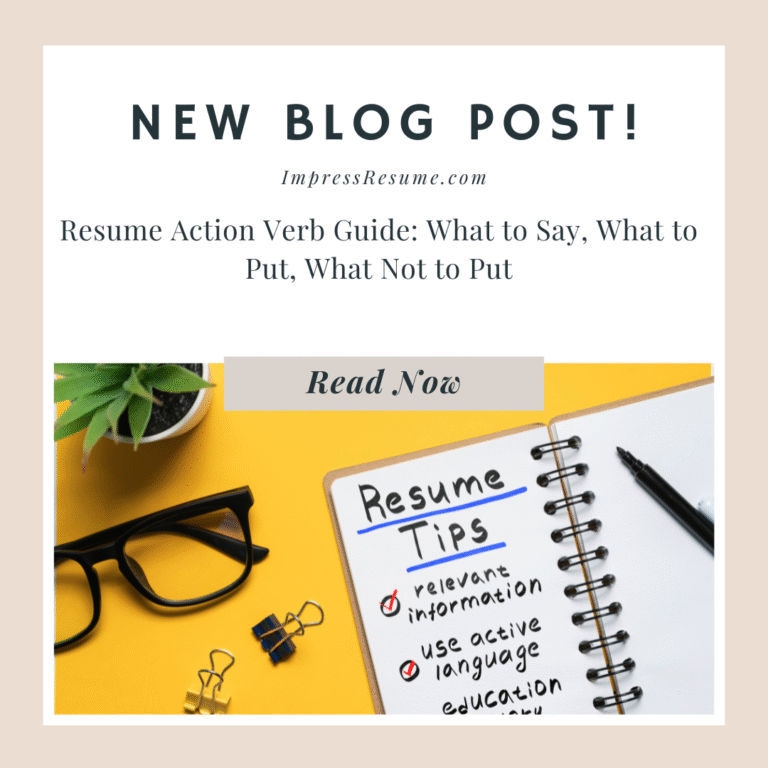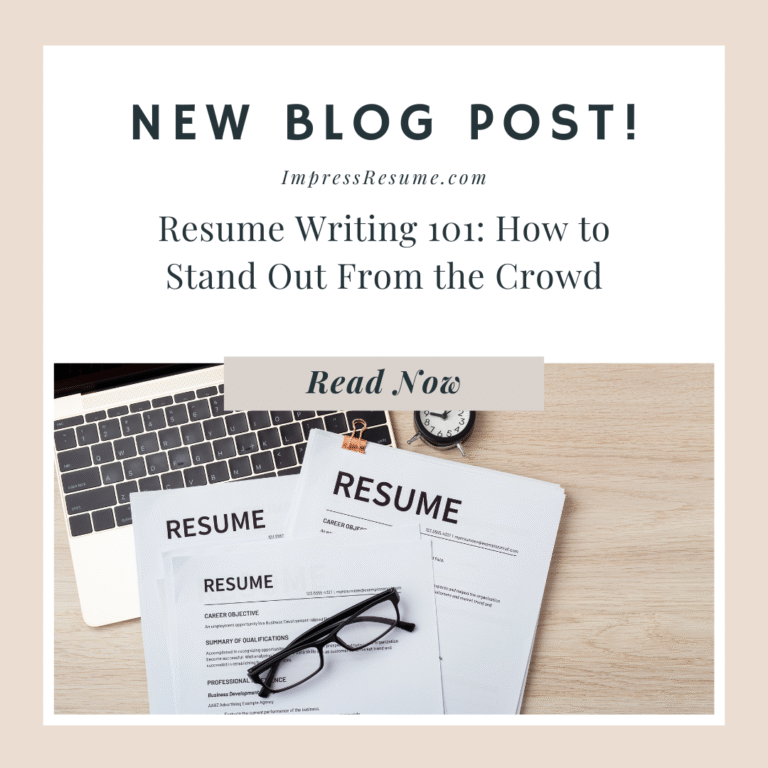The Right Voice: Tips for Establishing Tone in Your Cover Letter
A cover letter isn’t just a formality—it’s your first chance to speak directly to the employer. But how you say things can be just as important as what you say.
Choosing the right tone for your cover letter can be the difference between sounding confident and sounding careless. It’s your opportunity to convey professionalism, personality, and interest—all in a few short paragraphs.
So how do you strike the right balance?
Here are some practical tips for establishing the right voice in your cover letter, plus advice from a recruiter’s perspective.
1. Know Your Audience
Start by researching the company’s culture. A startup or creative agency might welcome a more conversational tone, while a law firm or healthcare organization will expect something more formal.
Tip: Look at the company’s website, social media, or job posting to get a feel for their voice. Use that tone as a guide for your letter.
2. Be Professional, Not Robotic
Professional doesn’t mean stiff. Avoid overused phrases like:
- “To whom it may concern”
- “My name is…”
- “I am writing to express my interest in…”
These lines waste space and don’t add value.
Better approach:
Start strong with something personal and direct, like:
“As a project coordinator with five years of experience managing cross-functional teams, I was excited to see your opening at Greenline Solutions.”
3. Show Enthusiasm Without Overselling
Employers want to hire people who are genuinely interested—but there’s a fine line between enthusiastic and over-the-top.
Avoid:
“I’ve dreamed of working for your company since childhood.”
Instead say:
“I admire your commitment to sustainable design and would be proud to contribute to a team driving real change.”
Be sincere and specific.
4. Use a Confident, Active Voice
Avoid passive phrases like “was given the opportunity to” or “I was tasked with.” These can make your experience sound less impactful.
Stronger options:
- “Led a team of five on a high-impact project…”
- “Developed a new onboarding process that reduced training time by 30%…”
Use language that puts you in control of your achievements.
5. Balance Personality with Purpose
Your cover letter should reflect you—but keep it relevant to the job.
A good balance:
- Professional tone
- Clear interest in the role
- A touch of personality that shows you’re human
Example:
“Outside of work, I’m an avid problem-solver—whether I’m streamlining inventory systems or assembling IKEA furniture without the instructions.”
A small personal touch can go a long way if it connects back to your skills or values.
6. Stay Authentic
Don’t try to mimic a style that doesn’t feel like you. If you’re forcing overly formal or flowery language, it may come off as insincere.
Tip: Read your letter out loud. If it doesn’t sound natural, revise it.
7. Match Your Cover Letter to Your Resume
Your tone, language, and formatting should align with your resume for a cohesive presentation.
Want a head start?
At ImpressResume.com/shop, I offer recruiter-designed resume bundles that include matching cover letter templates and writing guides—so your tone stays on point from start to finish.
Final Thoughts from a Recruiter
The right tone doesn’t try too hard. It’s clear, confident, respectful, and personal. Think of your cover letter as a conversation with the employer—not a formal essay or a generic sales pitch.
Show them that you’re not only qualified, but that you get who they are—and why you’d be a great fit.
Take your time, read it out loud, and ask yourself: Would I want to interview this person based on this letter?
If the answer is yes, you’re on the right track.







